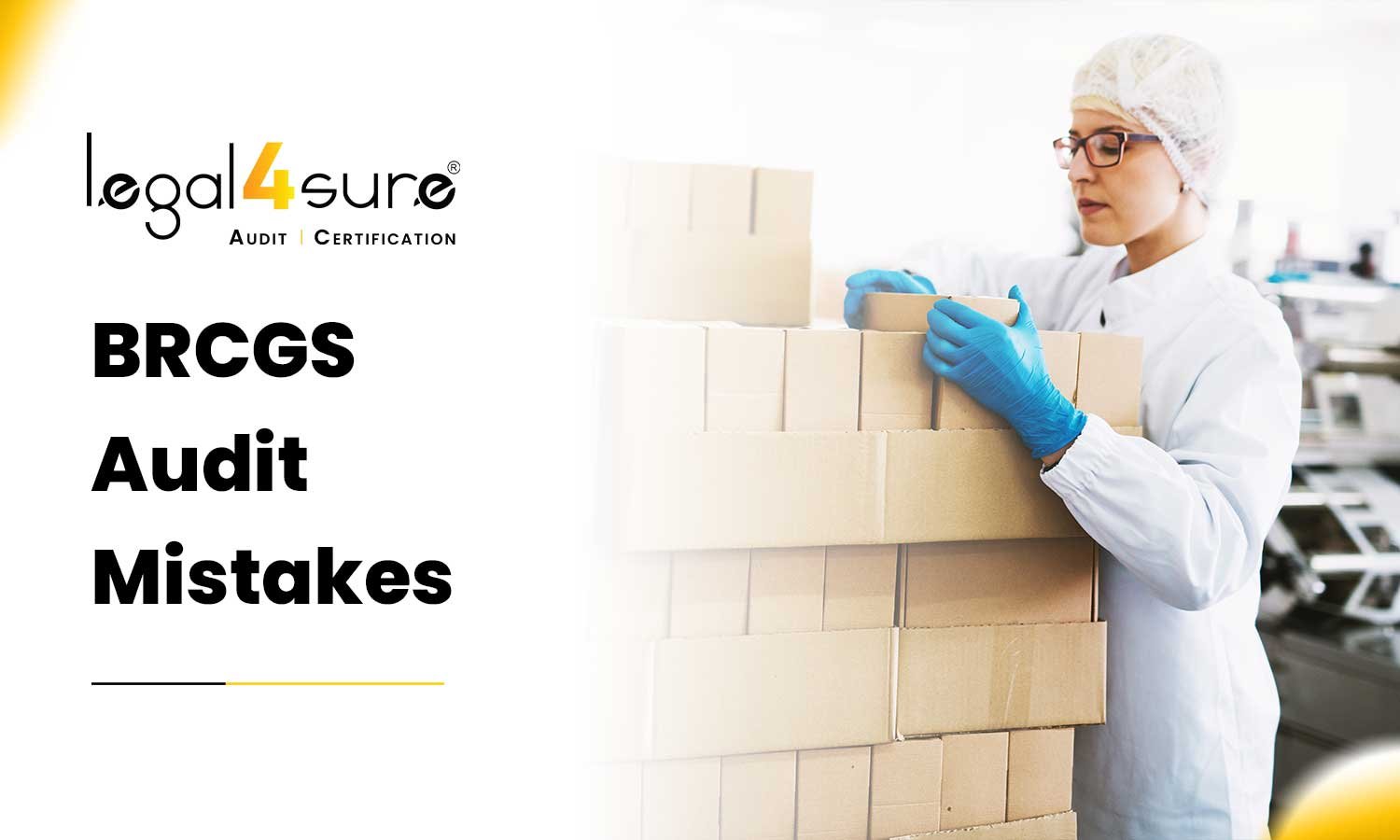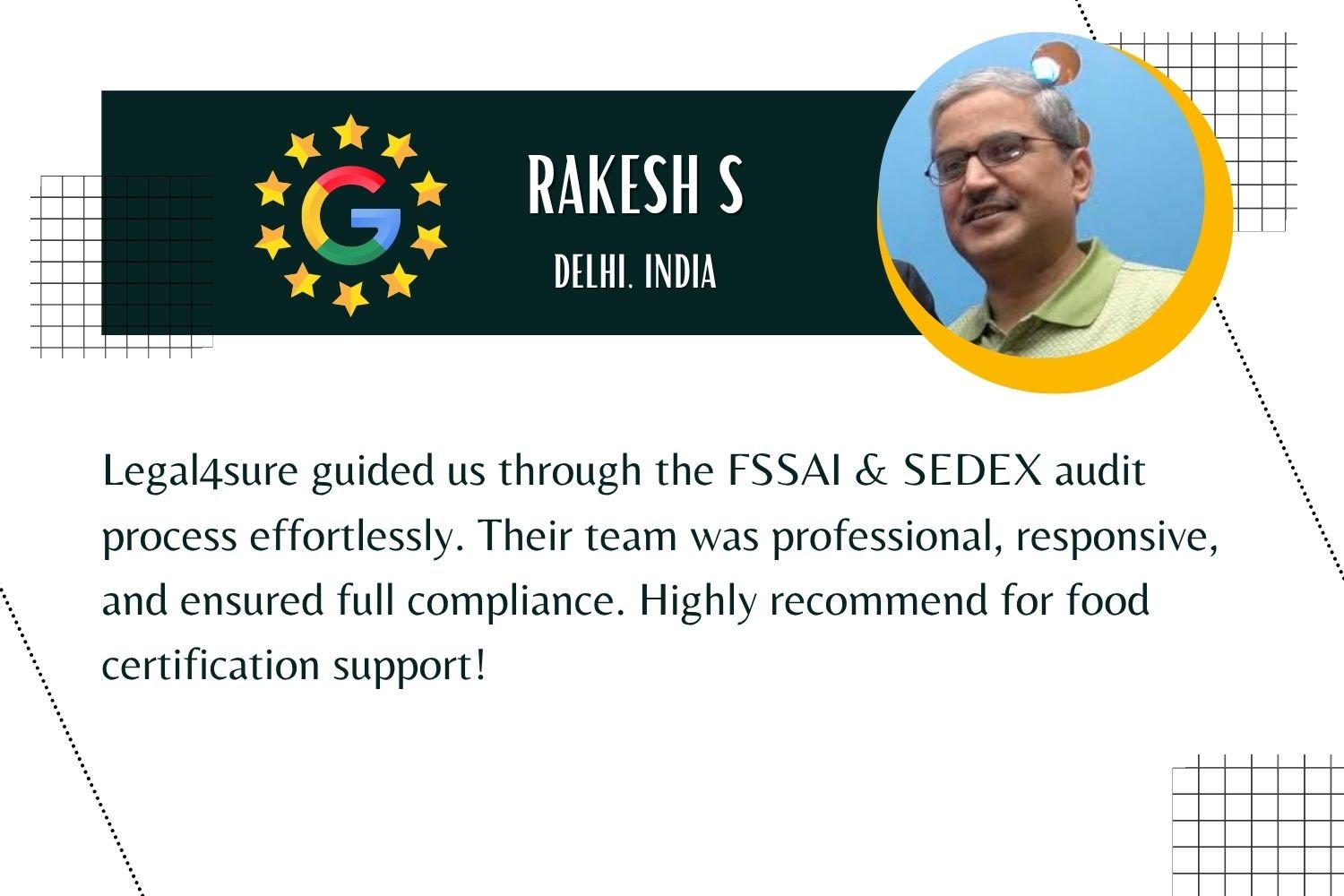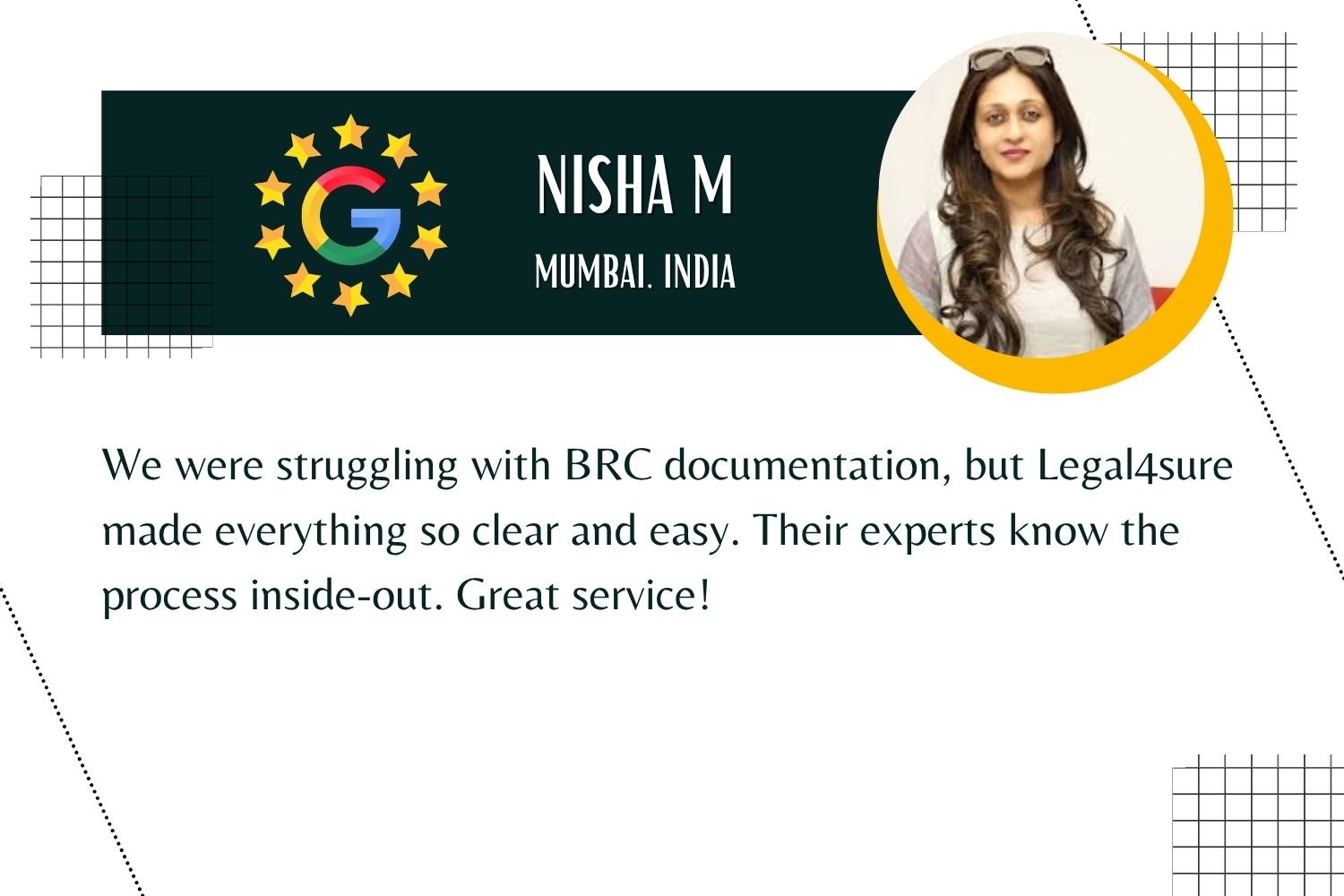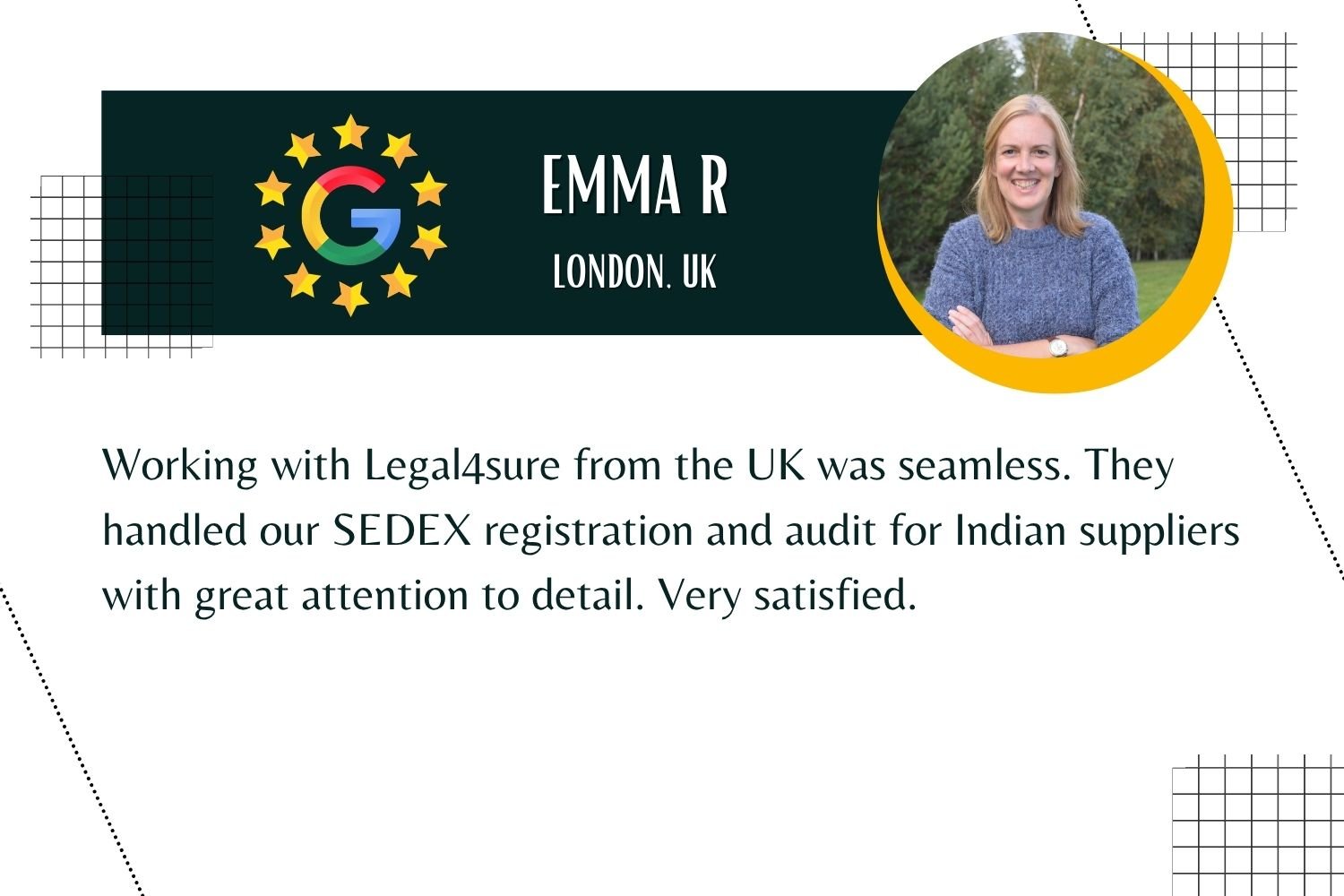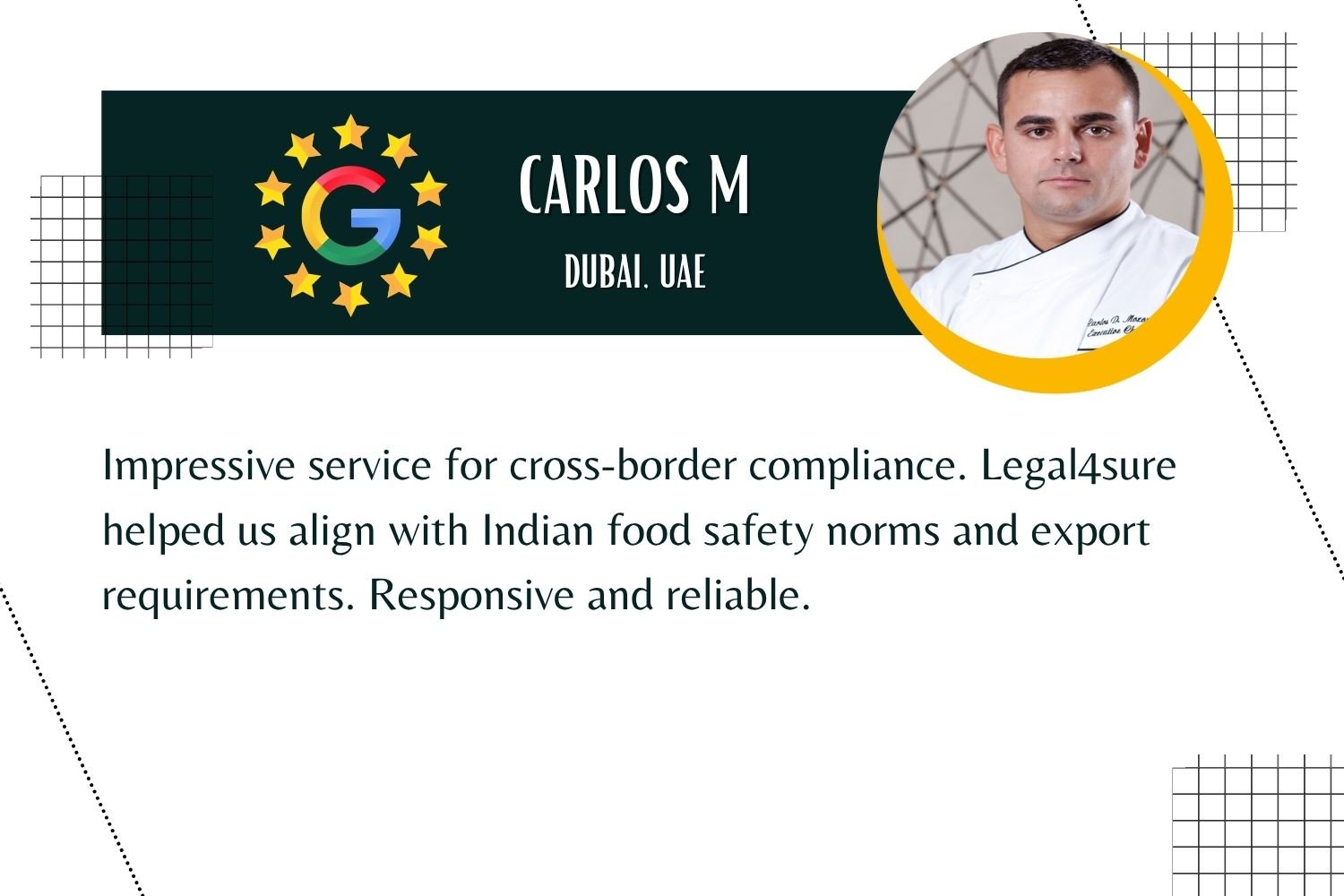Companies in India have great potential to export food and consumer products. Many export firms, though, fail the BRCGS inspection first. They don’t fail because they break big rules, but because of small, unnoticed mistakes. Understanding and preventing these BRCGS audit mistakes is the first step toward a successful certification. This blog highlights five major mistakes and offers practical advice on how to avoid them successfully.
Ignoring The BRCGS Audit Checklist
Many Indian exporters do not strictly adhere to the BRCGS inspection criteria for exporters. Your BRCGS audit preparation starts on this list. Non-conformance results from missing even one item. Incomplete paperwork, missing risk analyses, or ambiguous food safety plans are among common problems. Missing documentation or incorrect logs can lead to an audit failure even if your plant seems to be running smoothly. Exporters need to do internal audits and update the checklist frequently. This prepares all for inspection and keeps everything current.
Poor Staff Training And Awareness
Lack of Awareness and Training: Staff not knowing food safety standards is one of the main BRCGS Audit Mistakes. Auditors contact workers directly to assess their knowledge. It raises red flags if the employees are unable to provide evidence of their observance of cleanliness rules or explain fundamental processes. Indian export firms sometimes forget training, even while spending on infrastructure. Every team member, from production to packaging, needs to be aware of the guidelines India offers for the BRCGS audit checklist for exporters. Good training results in good practices, which means fewer BRCGS audit mistakes.
Weak Traceability And Record-Keeping
One main component of BRCGS is traceability needs to ensure traceability of raw materials from the source to the end delivery. Missing or Vague batch records are among the often encountered common BRCGS audit mistakes. That’s a major issue if an auditor asks where a certain product came from and you can’t answer immediately. Use digital systems whenever practical to help prevent these BRCGS audit mistakes. Train employees on paperwork and maintain live logs. Proof of adherence is accurate records. A decent operation might flunk the audit absent them.
Ignoring BRCGS Non-Conformance Examples
Occasionally, businesses take previous non-conformances lightly. This is a great error. BRCGS auditors always examine your past conflict management. Should you only treat the symptom without addressing the underlying source, they will notice it. Examine examples of BRCGS non-conformance and learn how to react. Your corrective action should be timely, effective, and long-lasting. This demonstrates your firm’s seriousness of compliance and quality to the auditor.
Last-Minute Audit Preparation
Many export houses only start preparing when the audit date approaches. Stress from BRCGS Audit mistakes and supervision results from this BRCGS audit checklist for exporters, are advised to begin BRCGS audit preparation several months ahead of time. Integrate food safety into your everyday schedule; not only a yearly occurrence. Staying prepared requires mocks. Before the actual audit, they help you spot flaws. Regular inspections ensure your team knows what to do and how to do it. Clean, correct records, or train employees, should not wait until the last week.
How To Pass BRCGS Audit
Looking to understand how to successfully pass a BRCGS audit certification with confidence? It’s not easy, but it can be done with the right guidance.
1. Thoroughly Read the BRCGS Standard
Learn everything you can about the most recent iteration of the BRCGS standard pertaining to your industry. Don’t simply scan it; instead, carefully analyze each need and contrast it against your existing procedures, activities, and documentation. With this, you can spot gaps and areas for improvement far in advance of the audit.
2.Use the BRCGS Audit Checklist regularly
The BRCGS audit checklist for exporters should be utilized often, not just for last-minute preparation. Think of it as a wellness check for your business operations. You may ensure ongoing compliance and identify any problems early by using the checklist every month or every three months.
3. Educate Your Workers
During audits, your team is essential. All personnel, from supervisors to production employees, must comprehend the food safety rules and the reasons for their importance. As a result, they are better able to adhere to protocols and respond to auditor queries with assurance.
4. Keep current records
Documentation is essential during a BRCGS audit. Maintain current records of everything, including training records, cleaning schedules, supplier certifications, and hygiene logs. Even if your procedures are compliant, incomplete or out-of-date paperwork might cause non-conformities.
5. Thoroughly Resolve Problems
Before an audit, don’t just cover up or provide simple solutions to problems. Concentrate instead on remedial and preventive measures that address the underlying cause. Auditors seek evidence of sustained development, not just quick fixes.
BRCGS goes beyond being just a certification, it’s a mark of quality and commitment to high standards. For Indian export businesses, it’s essential to approach audits with seriousness, prepare well in advance, and learn from the common mistakes of others.
Final Thoughts, BRCGS Certification Tips for Indian Exporters
- Don’t merely Work hard to “pass.” Make it your goal to get better.
- Establish a food safety team within your facility.
- Use the tools and templates found in India’s BRCGS audit advice materials.
- If necessary, interact with consultants, but also develop internal resources.
By staying aware and consistent, you can easily avoid the major mistakes in a BRCGS audit. Indian exporters possess the skill and infrastructure necessary; all that’s lacking is a robust regulatory framework. Keep yourself prepared, stay committed, and success will come.
Read more: Fast track BRCGS certification
Smart compliance starts with Legal4sure
Ensure smooth certification with expert support from Legal4sure. From gap analysis to audit preparation, we help you meet global standards with confidence.
Frequently Asked Questions
1. What are common mistakes in a BRCGS audit?
-
Poor documentation, ignoring procedures, untrained staff, dirty equipment, wrong labeling.
2. Why is documentation important?
Auditors check records. Missing or incorrect documents can lead to failures.
3. What are minor, major, and critical mistakes?
-
Minor: Small issues, easy to fix.
-
Major: Big issues affecting safety or quality.
-
Critical: Threat to consumer safety, certification may be suspended.
4. How to prevent mistakes?
-
Do internal audits, train staff, update records, fix previous issues, maintain equipment.
5. What happens if mistakes occur?
Auditors note them. You must fix issues according to their severity to keep certification.
6. Can mistakes be fixed after the audit?
Yes, by submitting corrective action plans (CAPA) within the given timeline.
7. Are there tools to avoid mistakes?
Yes – checklists, mock audits, CAPA tracking, staff training logs.
8. Do mistakes affect customers?
Yes, repeated mistakes can harm reputation and supply agreements.
9. How often do mistakes happen?
Minor mistakes are common; major are less frequent; critical are rare.
10. Who is responsible?
-
Management sets the culture.
-
Quality teams maintain procedures.
-
Staff follow rules and hygiene practices.

